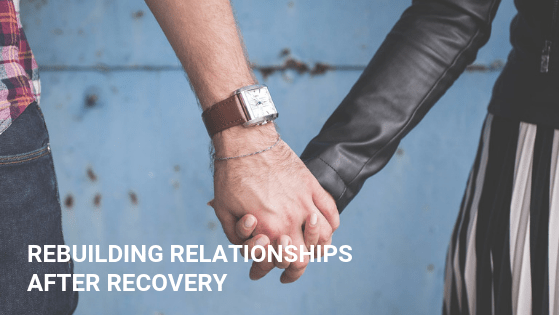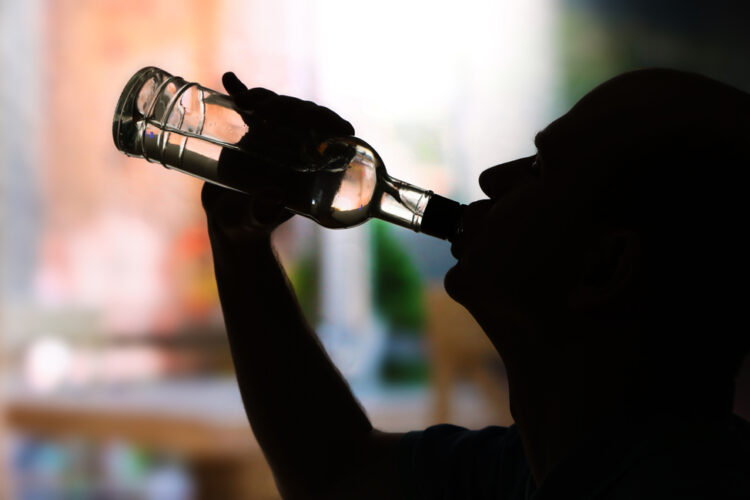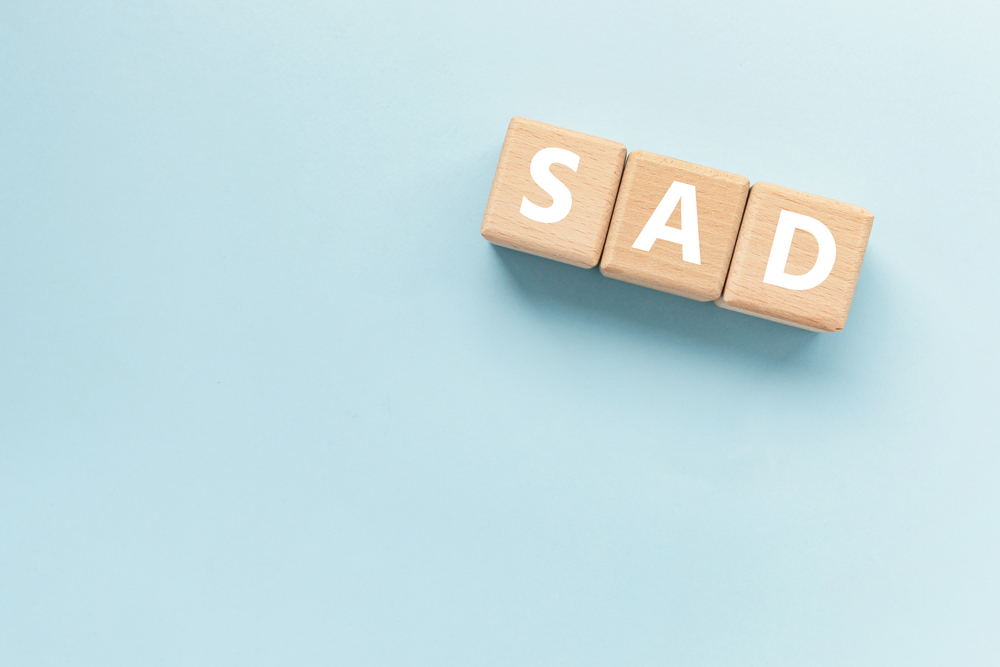
The “Winter Blues” or seasonal affective disorder (SAD)?
The festive season has come and gone, and most of us are left feeling a little flat. During the excitement, parties, and all the planning that goes into the holidays, it has been easy to ignore that the days are shorter, and the cold and damp has crept in. Now, however it is abundantly clear, winter is here, and spring is still quite some time away.
A new year does bring its own kind of eager anticipation, resolutions to keep, goals to meet and challenges to embark upon. Still, as most revolve around giving something up, or demand making a change, they don’t always seem as much fun as the excitement of the previous celebrations.
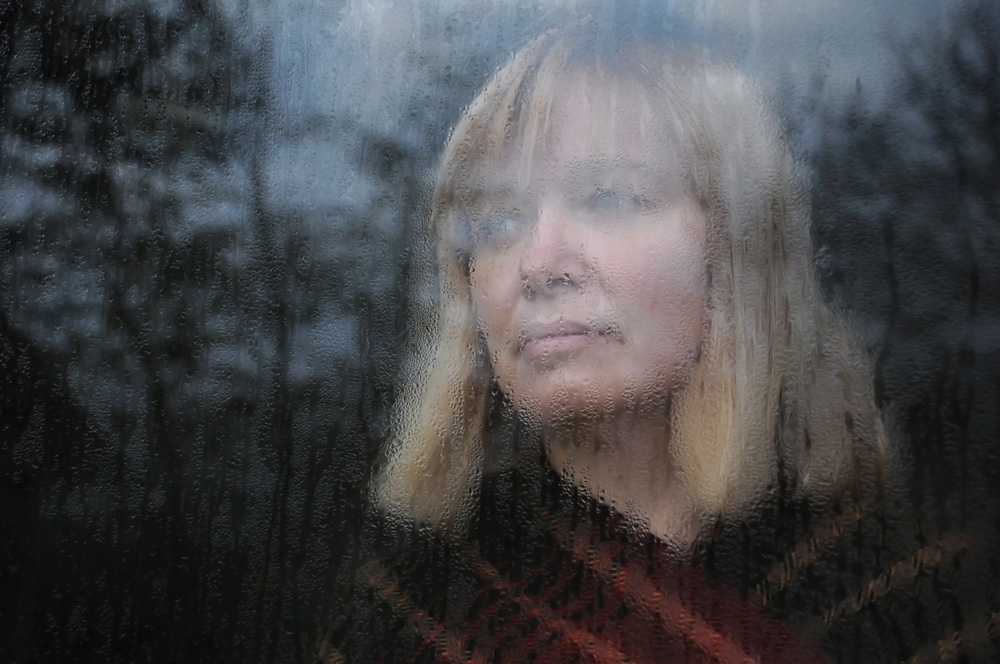
January is also traditionally the time when we will need to account for the excessiveness over the festive season, whether that is by looking at our bank balance or the bathroom scales. The third Monday in January (this year the 17th) is termed “Blue Monday” and it is reported to be the most depressing day of the year. Why? The credit card statement has arrived showing the amount owed from Christmas, the New Year’s resolutions have fallen by the wayside, the inclement weather, and the fading memories of the holiday season – all rolled together leave us feeling low, miserable and in some cases downright depressed.
How to banish the “Winter Blues”
Sometimes called the holiday or January blues, it describes the melancholic feeling that can hit us after all the festivities are over. The winter blues are generally characterised by sadness, lethargy, and a lack of energy; and they can usually be related to specific situations, our emotions, and the way we are thinking.
Some common reasons.
· The return to normality after the holidays – work, school, responsibilities.
· The absence of loved ones as they return to their own homes or lives.
· Fear around financial insecurity from overspending.
· Weight gain, or a general feeling of sluggishness due to over excess.
· The frequently cold, wet, or dismal weather.
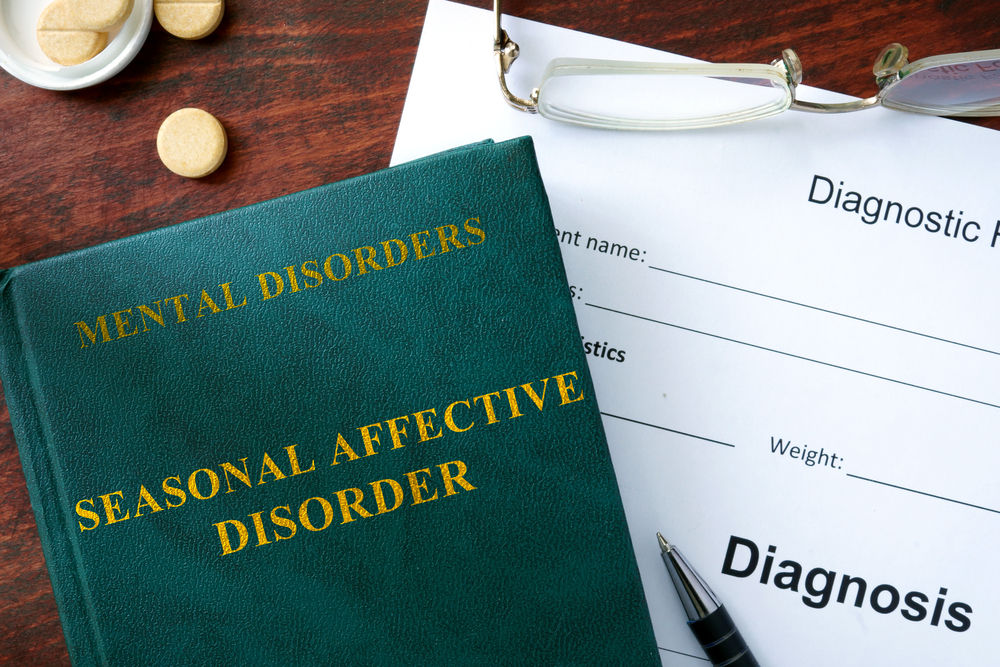
Often these feelings and emotions can be eased by taking some action and making a few changes in one’s mindset and routine.
· Getting out into the fresh air, resist the urge to stay cooped up inside and get as much vitamin D as possible.
· Meeting friends and socialising, it keeps us connected and stops feelings of loneliness.
· Doing some exercise, even a gentle stroll keeps our bodies moving and improves sleep.
· Eating healthily, avoid sugary snacks and junk food and go for fresh vegetables and plenty of pulses and grains.
· Be gentle on yourself, don’t beat yourself up if you are finding it difficult to fulfil all those grand plans or over enthusiastic resolutions – set a realistic goal and achieve it in a sensible timeframe.
Whilst most of us will at some point feel a little low in the long Winter months, for some it is more than just feeling a bit off or out of sorts. Seasonal affective disorder (SAD) is a form of depression that affects up to 3% of the UK population at some point in their lifetime, and approx. 10 million Americans every year.

What is seasonal affective disorder (SAD)?
Seasonal affective disorder (SAD) is a type of recurrent major depression which is related to the change in seasons.
Most people with SAD will start to feel its effects during the autumn and suffer most keenly through the winter months, with an ease in symptoms – which can include an increase in sleeping, overeating, isolating, and an overall lack of energy – during the spring and summer. It has been linked to the reduction in the number of daylight hours during these months, though this has not been proved conclusively.
It is worth noting that some individuals do experience seasonal depression during the spring and summer, with their symptoms – more likely to be insomnia, weight loss, restlessness, or anxiety – remitting during winter.
SAD is classed as a seasonal pattern mood disorder and is diagnosed in those individuals who have experienced indicators for at least two years, during a specific time of year.
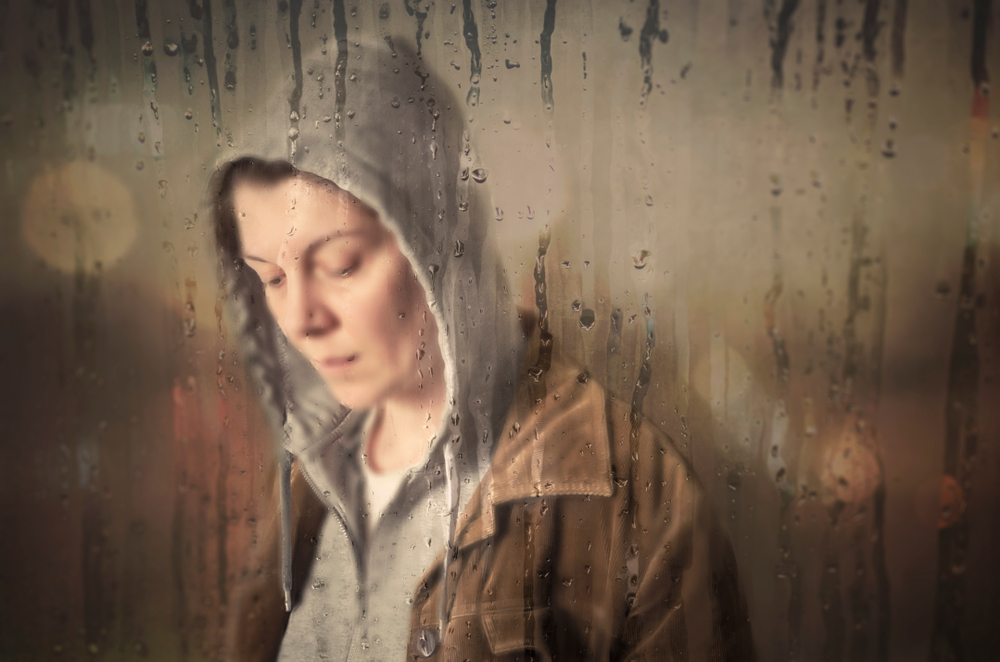
Indicators of a major depressive disorder –
· Extreme or extended feelings of sadness, feeling tearful.
· A decline in interest with life, no enthusiasm for hobbies.
· Feelings of hopelessness and helplessness, emptiness, or guilt.
· Loss or gain in weight, changes in appetite or eating habits.
· Changes in sleeping; too much or too little, and insomnia.
· Withdrawing from family, friends, loved ones and social situations.
· Feeling more than usually irritable or angry.
· Thoughts of harming oneself or suicide.
This list is not exhaustive, and depression does affect everyone differently. Medical experts suggest if you experience one or more indicators, for longer than two weeks, then it is worth getting it checked by a doctor or clinician as it could be a sign of an underlying condition.

Rehab in Spain
Our luxury residential rehab centre is set on the beautiful Spanish island of Ibiza with an all-year-round temperate climate, and averaging 300 days of sunshine a year, it is the ideal place to get away to and escape those “Winter Blues.”
We have a team of highly qualified staff that are experienced in a range of therapies to assist with the treatment of depression and anxiety. We offer transcranial magnetic stimulation (TMS) on-site as a part of our wider treatment program. TMS is a non-invasive form of brain stimulation therapy that has proved highly effective in the treatment of disorders such as SAD, bipolar, major depressive and general anxiety.
We also treat other mental health conditions such as alcoholism, substance and process addiction, trauma, and codependency.
For information on all the treatments and therapies available here at our rehab centre in Spain, and details on admissions contact [email protected]
Share this information, choose your platform!
Cognitive Dissonance in Addiction & Recovery
Defining cognitive dissonance The social psychologist Leon Festinger first proposed the theory of ‘cognitive dissonance’ in the 1950’s. The theory centres on how people try to reach internal consistency. The term is used to describe the feelings of discomfort that …
Protecting your sobriety during the Holidays
The Holidays are here, and with it they bring a whole new level of stress. It doesn’t matter whether you are new in recovery, (though the first Christmas is a little overwhelming for many), or you have been sober a …
Rebuilding Relationships after Recovery
For those struggling with addiction, the road to recovery can be a long and challenging one. First and foremost the individual must take all the necessary steps to get sober. Acknowledgement of the addiction, getting oneself into and completing a …
Why is binge drinking so dangerous?
Over 5% of all deaths worldwide result from the harmful use of alcohol. It is a factor in over 200 different illnesses, diseases, and injuries. In addition to the health repercussions of alcohol misuse – it has huge negative consequences …








